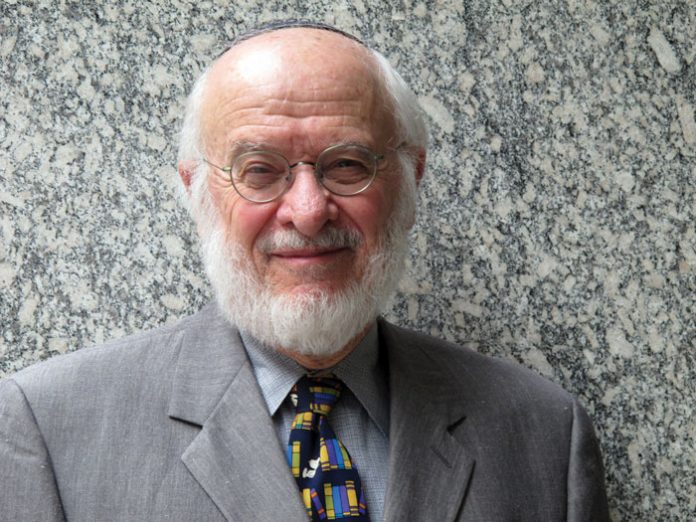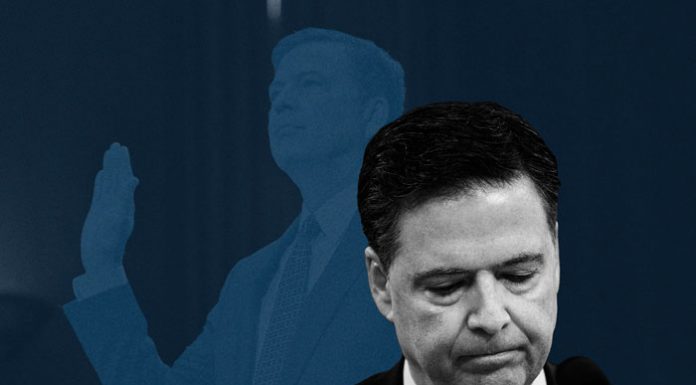“This is the most extreme case of refusal to permit an employee to observe his or her religion that I have ever seen.”
That was how Nathan Lewin described the case that he is attempting to bring before the United States Supreme Court, in which an Orthodox woman named Susan Abeles was harassed by the agency she worked for because she kept Yom Tov.
In 2013, Ms. Abeles had been working for the Metropolitan Washington Airports Authority, which oversees Dulles and Reagan International Airports, for 26 years, writing monthly air-traffic statistic reports. For those 26 years, she had provided her supervisors in the MWAA with a schedule of that year’s Jewish holidays so they would know ahead of time when she would be taking off.
According to Ms. Abeles, she had been having trouble with two supervisors—Valerie O’Hara, her direct supervisor, and Julia Hodges, the supervisor above O’Hara—who had only recently begun working for the agency. Despite her stellar work record, they had accused her of being insubordinate. When she complained to higher supervisors about that, the two started nitpicking on her every move. It was clear that they didn’t like her, for whatever reason.
That year, the two last days of Pesach fell on Monday and Tuesday. Though she had already sent a schedule of the Jewish holidays, on the Friday beforehand Ms. Abeles sent an email to both women noting that she would be out on Monday and Tuesday.
O’Hara, her direct supervisor, was not in the office. It turned out that she had taken a leave of absence without telling Susan Abeles.
But Hodges responded, “What is the nature of this leave request?”
“This is a reminder of my scheduled leave for Passover.”
“Thanks,” Hodges responded, and then asked her about a different matter.
Ms. Abeles’ uncle passed away over Yom Tov, so she called in early on Wednesday to ask to use vacation time for that day. When she returned to work on Thursday, she found that although they had not attempted to call her over Yom Tov, her supervisors had marked her as absent without leave on the last two days of Pesach, which meant she wouldn’t be paid for them. Soon afterward, her supervisors and a member of the HR staff decided that she should be suspended for another five days because of the incident.
The hostility and harassment were such that she decided to take early retirement—and legal action.
She has already been through several legal venues. First she went to the US Equal Employment Opportunity Commission (EEOC), which is supposed to deal with such civil rights actions before litigation. When that didn’t resolve the matter, she sued in district court. A Virginia district court gave a summary judgment dismissing the case, and she filed an appeal. The Fourth Circuit Court of Appeals upheld the judgment of the district court.
In an interview with Ami, Mr. Lewin explained the problems with the court rulings so far and why he is taking the case to the Supreme Court.
He said that in essence, Susan Abeles has claims against the MWAA based on three separate statutes: Title VII of the Civil Rights Act, which requires employers to grant religious accommodation; Section 1983 of the US Code, which grants legal action against someone who violates someone else’s civil rights; and the federal and state Religious Freedom Restoration Acts (RFRA), which say that the government—and the MWAA is a government agency—cannot impose a burden on the exercise of religion.





















